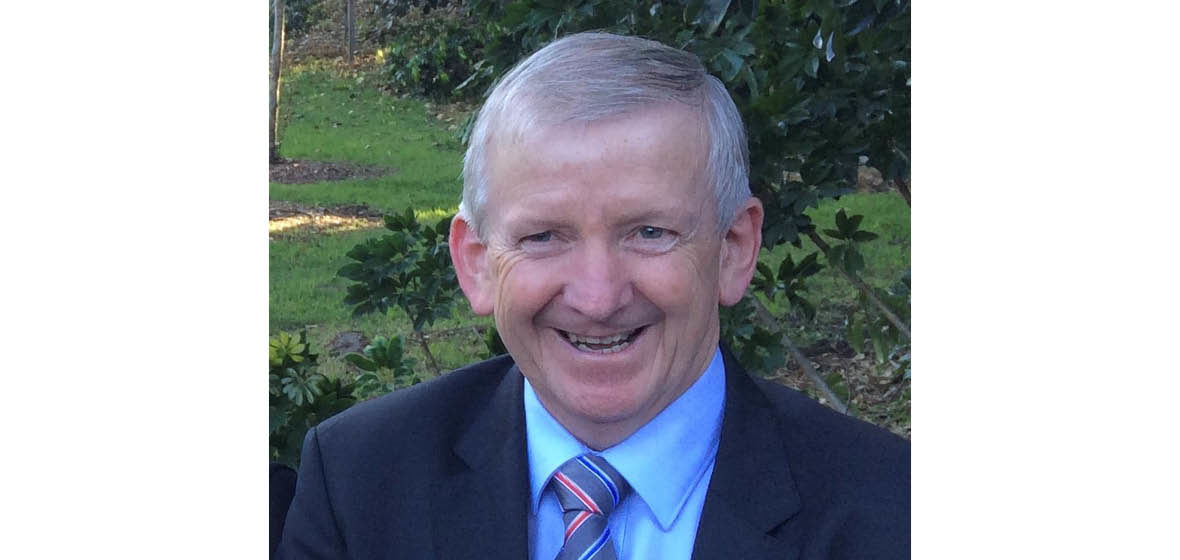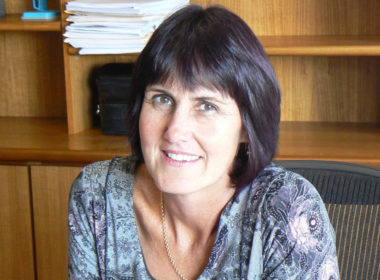Judge Roger Dive retired as head of the NSW Drug Court on 6 August, after 17 years leading the program, 32 years on the bench, and half a century working in the legal profession. He reflects on an inspiring and storied career.
Today I look back on 50 years working within the NSW Justice system, 32 of those years sitting on the bench as a magistrate and then as a judge.
It certainly isn’t the way I envisioned things turning out when I began my working life. I fully expected to be a vet or a carpenter, both ideas seeming equally pleasing at the time. To be in the position I am in now is rather surprising and certainly would have astounded my parents.
My early working life took me through a large number of courts within petty sessions. The memory of writing receipts out by hand all day for fines imposed at the Court of Petty Sessions at Circular Quay, which is now a museum, makes it all seem a very long time ago.
The Justice Department provided great motivation to a penniless 19 year old. As I passed exams and attained good typing speeds of 55 words per minute, I found that they would promote me and pay me more money. The possibility of owning a car was a great motivator, and I knuckled down to study. I found the law to be a fascinating master. That simple mercenary beginning became a lifelong interest in law and people.
Without doubt, my 17 years as a District Court judge and as the Senior Judge of the Drug Court has been the most exciting and interesting part of my working life.
Country postings followed to Muswellbrook, Grenfell and Queanbeyan and with those a marriage and increasing family. I retain connections in Grenfell to this day. I learned a great deal more in the country than simply law. I began to absorb the multitude of different human stories that flowed every single day and I have never tired of hearing them. Being the clerk of the court, the government representative of nearly every department, as well as the coroner at the age of 21, still amazes me. Sitting on the bench at an inquest into a railway death, listening to counsel appearing from Sydney, I had to type the evidence myself on what was mistakenly called a noiseless typewriter.
I was appointed as a magistrate in 1989 at the age of 35 after an interesting stint as the Strata Titles Commissioner and Rent Controller.
During 15 years as a magistrate, I was given the opportunity to sit in both the city and country courts, dealing with criminal, civil and family law cases. In 2000, I was appointed the head of the Children’s Court, just as new legislation governing the way in which the Children’s Court dealt with cases concerning abused and neglected children came into effect, and the Youth Drug and Alcohol Court commenced. This had particular interest for me as my wife and I had previously been foster parents of a considerable number of children.
I considered working as a magistrate a great privilege. Magistrates have the opportunity to deal very directly with those who appear before them. While a case may be just one of 80 in the day for the magistrate, for the individuals involved it may be the only time in their lives that they enter a court room. Even if they lose their case, I always felt it crucial that they left thinking they had a fair hearing.
The community entrusts magistrates and judges with the power to, quite literally, change lives. Judicial officers have the power to imprison or release individuals, to remove children from their parents, or to order civil judgements which may ruin or rescue an individual or a business. It is an honour to have such a role in our community.
Without doubt, my 17 years as a District Court judge and as the Senior Judge of the Drug Court has been the most exciting and interesting part of my working life. At the Drug Court we have the resources and skills to help some of the most troubled offenders achieve more in life than they ever believed possible, while at the same time helping make the community a safer place.
Seeing and hearing from graduates years later, who are well, working and raising their children is quite remarkable. That is something that would rarely happen in other jurisdictions. Of course, the risk of overdose is never far away for our participants; and the tragic death of a participant on or after the Drug Court program reminds us all of the very difficult environment we are working in.
Over those years I have worked with so many caring and committed colleagues, both on the bench and from our partner agencies. It is a bit like working in a large family. The team meetings are often quite light-hearted, sometimes improved with cake. We all bring our own skill sets. I am told that my “disappointed judge” is the best, but my “cranky judge” definitely needs work.
On a personal level, I hope to see the Drug Court continue to thrive and expand. During my tenure, we have added the Hunter and Sydney Drug Courts, and the Compulsory Drug Treatment Correctional Centre has opened. We know the Drug Court works and that it is cheaper and more effective than imposing terms of imprisonment. I have the advantage of seeing the positive scientific evaluations, and also witness the wonderful stories of human endeavour and success.
As for retirement? I am definitely looking forward to having some more unstructured time. At the end of what can be a very tiring court day, the Registry and the Crown hand up the files and papers for the next day … there isn’t even a 30 second gap between the end of one day and the prep for the next!
I plan to do some volunteer work with those who have ended up homeless, spend more time with Linda and my gorgeous family, perhaps some bushwalking and at last become that carpenter and build a kayak with beautiful Australian timbers.




